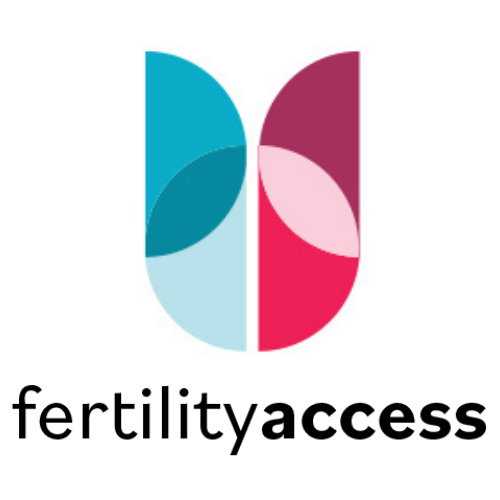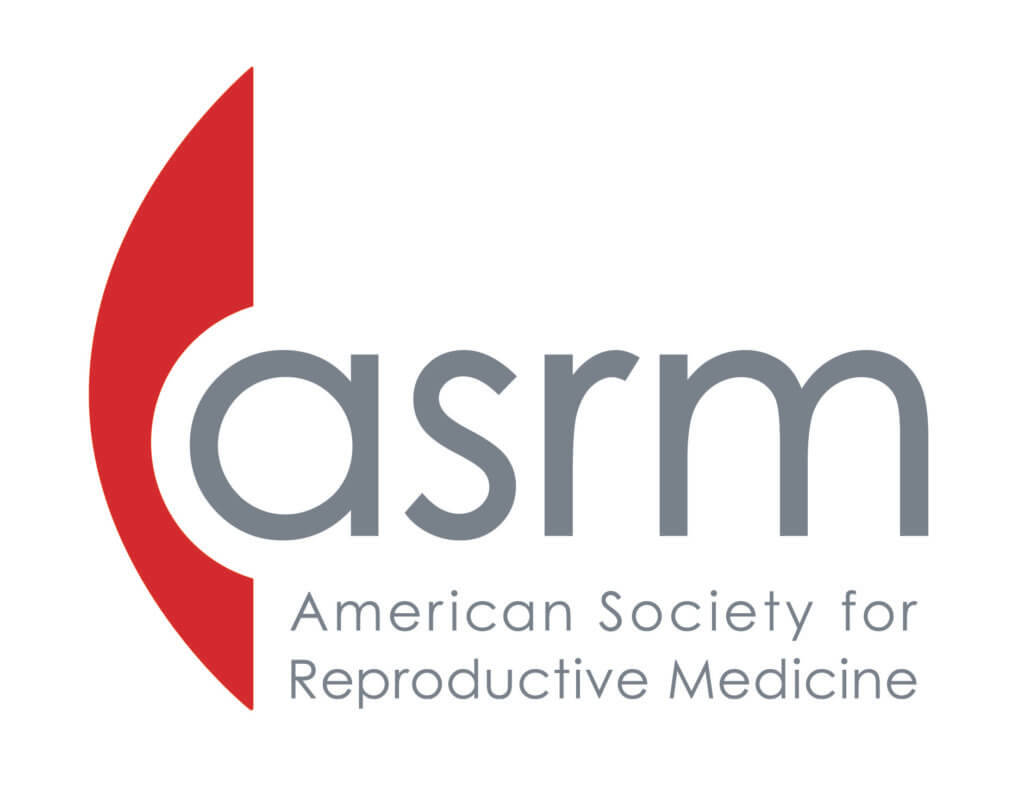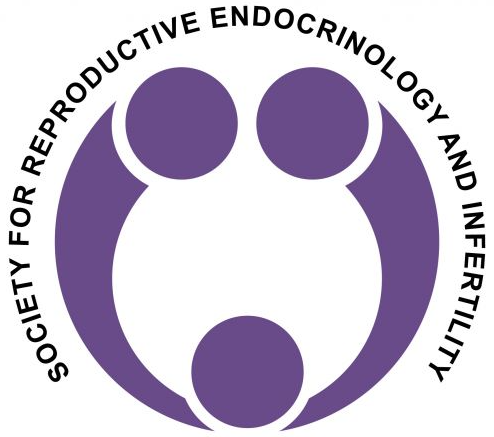One of the pressing issues in the field of reproductive medicine is the underrepresentation of Asian women as egg donors. This gap has significant implications for intended parents seeking donors who share their ethnic background.
We recognize the importance of diversity in egg donation and are committed to addressing the underrepresentation of Asian women as egg donors. Cultural attitudes and many other factors prioritize donors of Chinese, Japanese, and Korean descent. Different backgrounds, including East Indian/Asian and Jewish egg donors, are also consistently sought out by intended parents.
By providing culturally sensitive care, raising awareness, and offering support and education, we aim to encourage more Asian American women to consider egg donation.
Below, we explore the current state of Asian egg donation, the reasons behind this underrepresentation, and how we hope you can help address this disparity.
The Current Landscape of Asian Egg Donation
Understandably, many intended parents prefer an egg donor who resembles them and possesses characteristics that make their ethnicity unique. Egg donation can be challenging enough for an intended parent mourning the use of their own DNA, so a donor of the same ethnic background is often non-negotiable. We keep our donor database as diverse as possible to meet this need.
Despite the proportion of Asian egg donors being similar to that of U.S. women (7.7% vs. 7.1%), they are underrepresented compared to donor oocyte recipients (7.7% vs. 10.6%). This discrepancy highlights a critical gap in the availability of Asian egg donors relative to the demand from recipients.
In addition, a report on the growth of egg and sperm donation in the U.K. also revealed a lack of ethnic diversity among donors. The Human Fertilization and Embryology Authority (HFEA) found that Asian egg and black sperm donors were underrepresented by 50% compared to the population. This trend underscores the broader issue of diversity in egg donation across different regions.
Challenges and Barriers to Asian Egg Donation
Asian American patients face unique challenges in their fertility journeys. Research has shown that Asian American patients have decreased success with fertility treatments, including lower rates of pregnancy and live births. These trends may be attributed to genetic, environmental, and cultural factors. Understanding these factors is crucial in providing tailored and effective fertility treatments to this diverse patient population.
Sociocultural stigma also plays a significant role in the underrepresentation of Asian egg donors. In many Asian cultures, there is a strong emphasis on genetic continuity and the importance of using one’s genetic material for reproduction. This cultural belief can deter potential donors from coming forward, as they may fear judgment or misunderstanding from their communities.
Access to fertility care is another barrier for many Asian American women. Infertility affects over 6 million people in the United States and disproportionately impacts minority patient populations. Limited access to culturally sensitive care and resources can prevent Asian American women from seeking fertility treatments or considering egg donation.
Our Egg Donor Process
Education and outreach are vital in addressing the underrepresentation of Asian egg donors. We can dispel myths and reduce stigma by raising awareness about the egg donation process and its impact. Highlighting egg donation’s personal and financial benefits can also motivate more women to become donors.
We strive to make the egg donation process as smooth and supportive as possible. Our comprehensive donor program includes thorough screening, medical evaluations, and emotional support throughout the donation process. By ensuring a positive experience for our donors, we hope to encourage more women from diverse backgrounds to participate in our program.
Why You May Want To Consider Donating Your Eggs
The reasons for becoming an egg donor are personal and vary from woman to woman. Many donors use their egg donor compensation to help pay off student loans, travel, or start a business venture.
However, financial rewards are rarely the sole motivation. Most donors find deep gratification in helping another person build their family, knowing that their generosity has profoundly impacted someone else’s life.
Compensation For Donating Your Eggs
Financial compensation is a significant incentive for many women who are considering egg donation. At CRM, we offer competitive compensation to our egg donors, which can help them achieve personal and financial goals. While the monetary reward is enticing, most donors find something deeply gratifying about helping another person in such a profound way.
Building Families Together
If you want to become an egg donor or learn more about our program, please visit our website or contact us today. Your contribution can significantly impact someone’s fertility journey and help create new families.
Together, we can bridge the gap and ensure all intended parents can access the donors they need to build their families.





